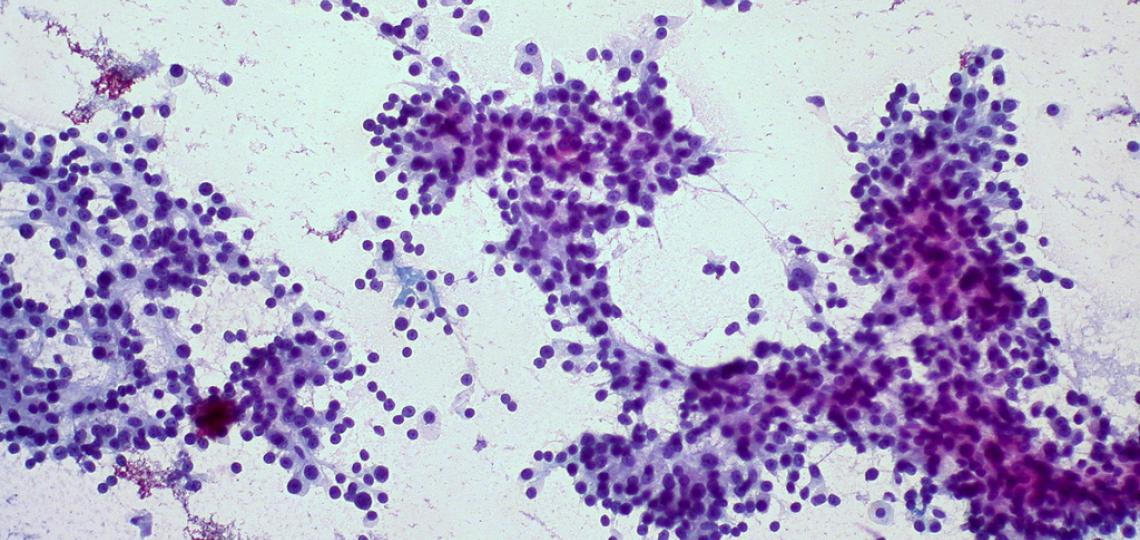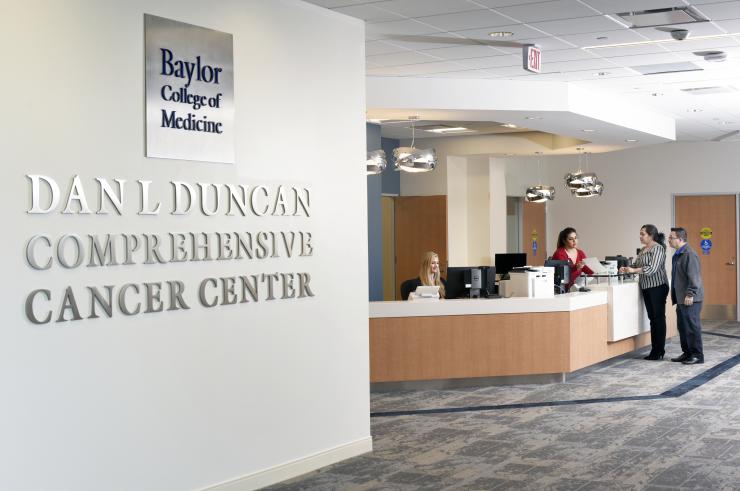About the Consortium
Hepatocellular cancer is the most common (>95 percent) of primary liver cancers. HCC is also the fastest rising cause of cancer-related deaths in the United States, and Texas has the highest death rate from HCC in the nation. The five-year HCC survival remains low (10-15 percent) and most patients get diagnosed at late stages. Texas residents notably Hispanics and African Americans are greatly affected with established HCC risk factors including hepatitis C virus, hepatitis B virus and alcoholic liver disease. Furthermore, emerging HCC risk factors, specifically the metabolic syndrome and non-alcoholic fatty liver disease (NAFLD), are exceptionally common in Texans.
The Texas Hepatocellular Carcinoma Consortium was established in 2015 to reduce the burden and mortality of hepatocellular cancer (HCC) in Texas. Building on the Quality in the Continuum of Cancer Care framework, our proposed THCCC targets key areas of uncertainty in the prevention and early detection of HCC. The THCCC includes researchers, clinicians, and staff from Baylor College of Medicine, Veterans Affairs, MD Anderson Cancer Center, UT Southwestern Medical Center, Parkland Health Hospital System in Dallas, and UT San Antonio. Our cohort has become the largest ongoing prospective cohort of patients with cirrhosis in the nation.

The THCCC is made possible by grant RP150587 from the Cancer Prevention and Research Institute of Texas, PI: Hashem B. El-Serag; P01 CA263025 from the National Cancer Institutes, PI: Hashem B. El-Serag; and RP220119 from the Cancer Prevention and Research Institute of Texas, PI Hashem B. El-Serag. It is also supported by U01 CA230997-01, PI: Fasiha Kanwal.

THCCC Cores & Projects
- Core 1 - The Cohorts and Samples Core
- Core 2 - The Statistical Coordinating Core
- Project 1 - Risk Factors of HCC in NAFLD
- Project 2 - Metabolic Syndrome and Risk Prediction
- Project 3 - Circadian Disruption and Bile Acids
- Project 4 - Novel Biomarkers for HCC
- Project 5 - Randomized Controlled Trial
News

Baylor receives NCI grant to study liver cancer risk and prevention
Aug. 4, 2022: Researchers at Baylor College of Medicine received a five-year, $5.5 million-plus grant from the National Cancer Institute for research on liver cancer risk factors and prevention, with the goal of reducing the burden of liver cancer in patients with metabolic dysfunction.
Baylor receives more than $15.6 million in CPRIT funding
Feb. 17, 2022: Researchers with the Dan L Duncan Comprehensive Cancer Center at Baylor College of Medicine have been awarded more than $15.6 million in grants by the Cancer Prevention & Research Institute of Texas (CPRIT) to support innovative cancer research, treatment and prevention measures for underserved populations.
Texas Hepatocellular Carcinoma Consortium Goals and Objectives
Introduction
Primary prevention and early detection of Hepatocellular Carcinoma (HCC) needs the identification to target high-risk individuals. For example, most cases of HCC (90 percent) arise in the background of cirrhosis, which is the main predisposing condition for HCC. However, only 2-5 percent of persons with cirrhosis develop HCC annually. Thus, there is a pressing need to better risk-stratify cirrhosis patients for HCC. Yet, no such tools exist because most prospective studies of patients with cirrhosis fail to examine the full range of demographic, clinical, epidemiological, biochemical, and genetic factors that predict HCC.
Goals and Objectives
Our goal is to reduce the death and suffering related to liver cancer in Texas and the world by conducting cutting edge collaborative research in our proposed Texas Hepatocellular Carcinoma Consortium.
Effective prevention and early detection measures are urgently needed to reverse the epidemic of HCC but has been hampered by several factors.
- Most cases of HCC (90 percent) arise in the background of cirrhosis (a damaged and scarred liver). Cirrhosis is a common problem that affects at least one million adults in the United States. However, only 2-5 percent of persons with cirrhosis develop HCC every year. Thus, there is a pressing need to better identify which cirrhosis patients progress to HCC so they get targeted for prevention and surveillance.
- The United States in general and Texas in particular are in the midst of an epidemic of metabolic syndrome (obesity, diabetes, hypertension, high triglycerides, and low HDL cholesterol). Although linked to increased risk of liver disease including HCC, the effect of metabolic syndrome on HCC risk among patients with cirrhosis is not known.
- Metabolic syndrome is a strong risk factor for non-alcoholic fatty liver disease (NAFLD (fatty liver), which has been linked to the development of cirrhosis and possibly HCC but high-quality studies on the effect of NAFLD on association are non-existent.
- Circadian rhythm disruption (resulting from sleep disturbances) has been associated with the development of metabolic syndrome and NAFLD in our preliminary animal data. However, the relevance of these findings to humans is unknown.
- Early detection of HCC in patients with cirrhosis remains suboptimal, and the implementation of HCC surveillance (by ultrasound) in practice is very low.
We have assembled an outstanding group of investigators with complementary expertise in molecular biology, HCC biomarkers, epidemiology and biostatistics.








